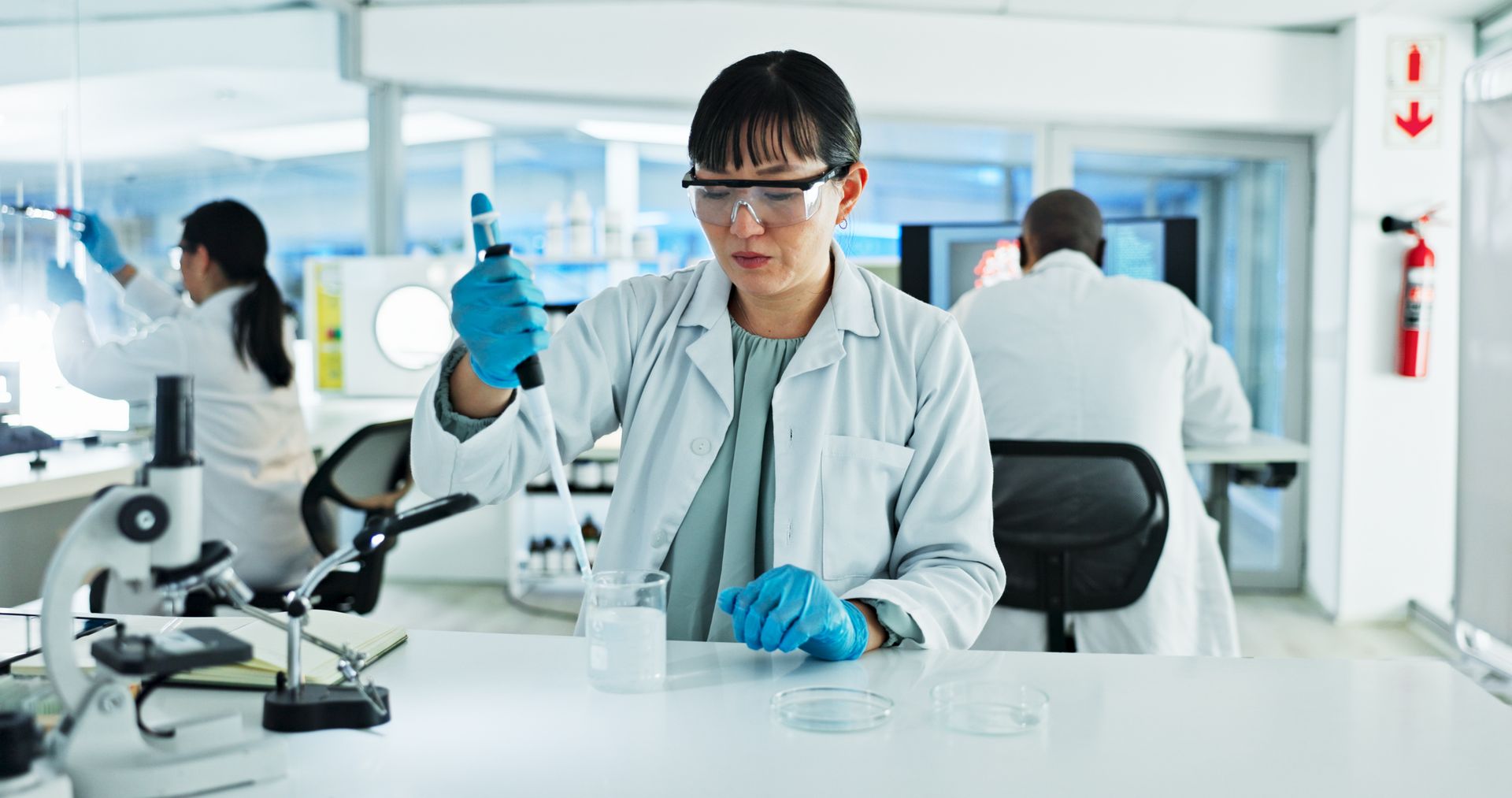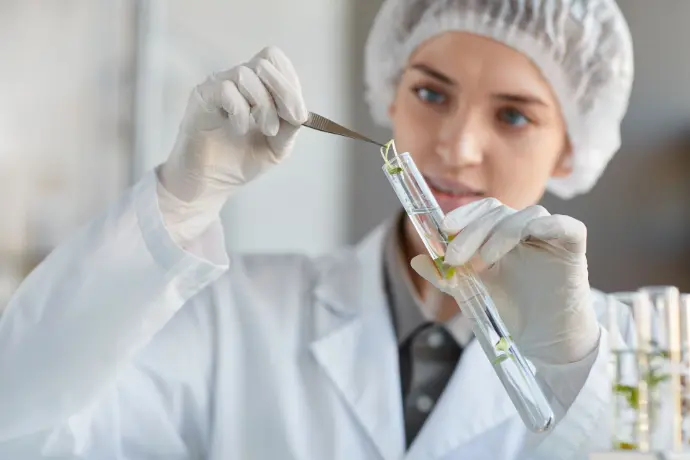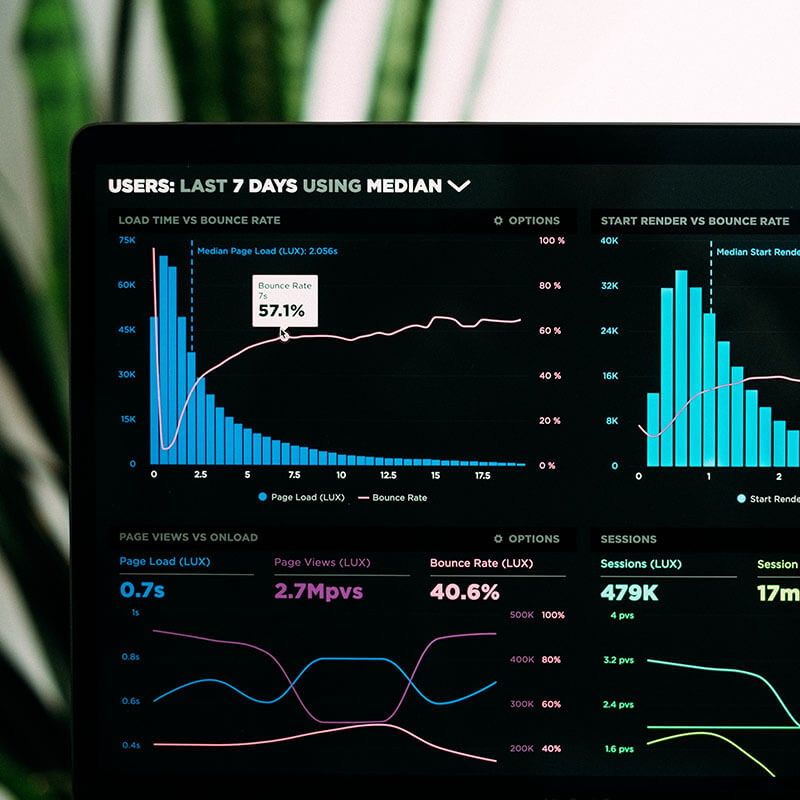What we can do, for you
Digital Transformation
Leader in digitalStatistical Training Courses
Statistics in 1 Hour
Statistics in 8 Hour
Statistics for Clinical Trials Staff
Biotech Training Courses
Intro to Biotech and Pharma Industry
Aging:
What causes it?
What slows it?
What's New in Brain Research?
Background Information
President of Walker Bioscience.
Consulting Professor for the Department of Medicine at Stanford University.
Popular lecturer at the University of California and at Stanford where he continues to teach and advise graduate students in the Department of Medicine.

Course Information
An Introduction to the Biotechnology and Pharmaceutical Industry
Are you a sales rep, manager, engineer, technician or computer scientist?
Could do your job better with more knowledge of biotechnology and the pharmaceutical industry?
This course will help you learn key concepts in biotechnology and pharma R&D: Cell and molecular biology; widely-used laboratory methods; genomics, proteomics, microarrays and expression analysis; genetics of disease; bioinformatics; biotech patents, pharmaceutical development and FDA approval trends in biotechnology.
10-hour course. Maximum class size 20 students.top
Genes, the Brain and New Medicines: What's new in brain research?
In this course we examine the most recent research on genes that affect our memory, learning and intelligence; pain perception; emotions and behavior; neurological diseases such as Alzheimer's and Parkinson's; and the possibilities of drugs that target these genes and processes.
The course is intended for non-biologists; no prior courses in biology are required.
8-hour course. . Maximum class size 20 students.top
Aging: What Causes It, What Slows It?
Today we can extend the lifespan of mice, fruit flies, and worms by 30% to 400% by altering single genes.
Experimental drugs now in the laboratory produce similar changes in the lifespan of animals.
The best available evidence is that the same mechanisms regulate longevity in humans and that drugs that extend animal lifespan will also extend human lifespan.
In this course we will examine the most current research on the genes that control aging, the drugs that alter lifespan in animals, the evidence that human lifespan can be similarly controlled , and experiments now underway in animals and humans.






